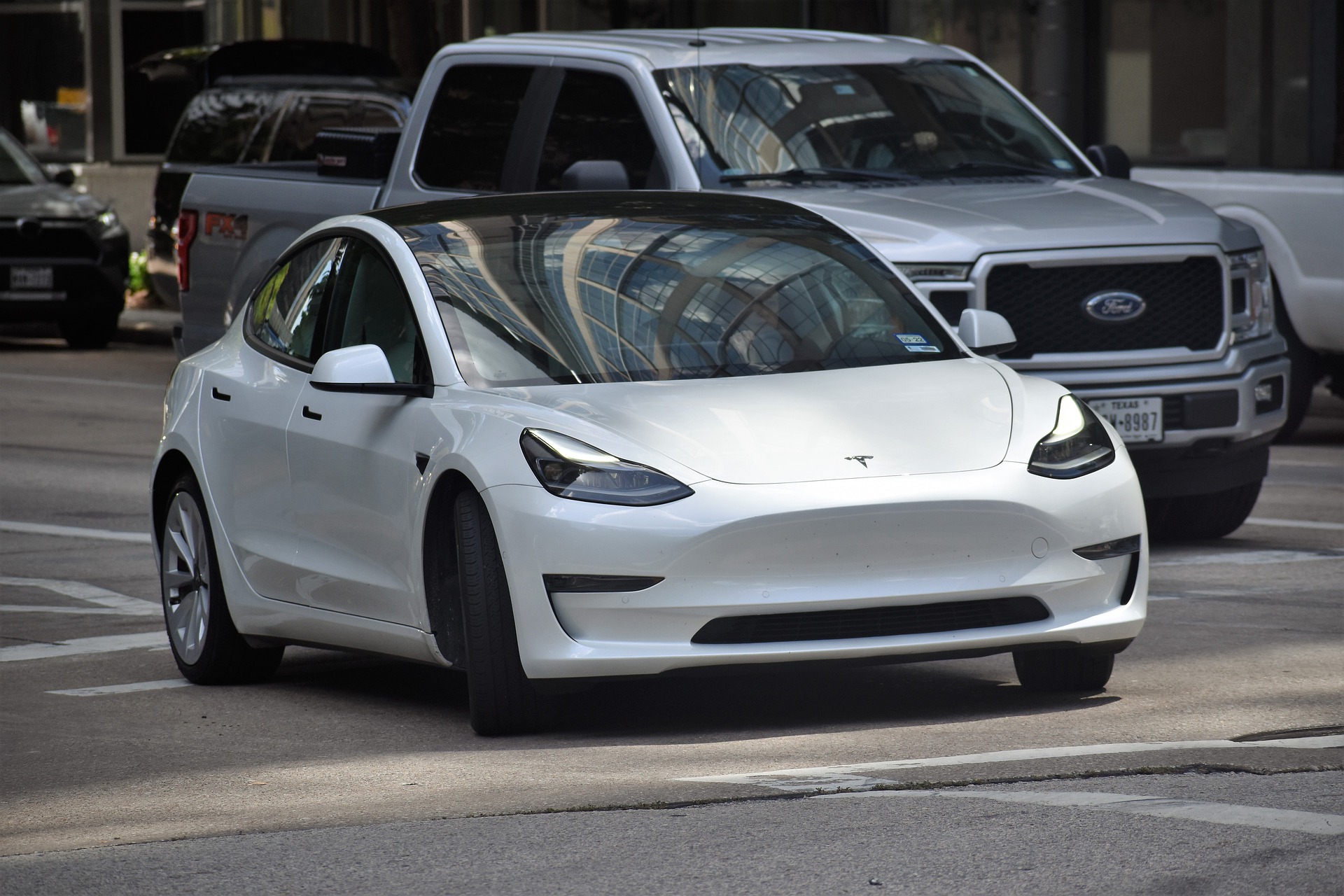Fueling the Future: An In-depth Analysis of Hydrogen Fuel Cell Vehicles
The roar of a gasoline engine might sound like music to some, but the automotive industry is quietly humming to the rhythm of a different drumbeat. Hydrogen fuel cell vehicles, once a distant dream, are now a reality. In this article, we'll delve into the captivating world of these eco-friendly machines, shedding light on their historical development, the technology that powers them, and their potential to drive the future of transportation.

Journey Through Time: The Genesis of Hydrogen Fuel Cell Vehicles
The concept of fuel cell technology dates back to the early 19th century when British scientist Sir William Robert Grove discovered the potential to generate electricity from hydrogen and oxygen. However, it wasn’t until NASA’s Apollo program in the 1960s that fuel cells truly took flight, powering space missions with water as the only byproduct.
Fast-forward to the 21st century, the automotive industry began to experiment with hydrogen fuel cells as an alternative to traditional internal combustion engines. Honda’s FCX Clarity, launched in 2008, was the world’s first commercial hydrogen fuel cell vehicle, marking a significant milestone in the history of automotive technology.
Engineering Marvel: The Mechanics of Hydrogen Fuel Cell Vehicles
A hydrogen fuel cell vehicle, as the name suggests, is powered by hydrogen. The heart of the vehicle is a fuel cell stack, which generates electricity through a chemical reaction between hydrogen and oxygen. This electricity is then used to power an electric motor, propelling the vehicle forward.
Unlike conventional vehicles, hydrogen fuel cell vehicles emit only water vapor and warm air, making them a zero-emission vehicle. This ingenious technology, however, comes with its own set of challenges. Hydrogen storage and fueling infrastructure are significant hurdles that need to be addressed for these vehicles to become mainstream.
Current Landscape: A Snapshot of the Hydrogen Fuel Cell Vehicle Market
Although hydrogen fuel cell vehicles currently represent a small fraction of the automotive market, their potential for growth is substantial. Several automakers, including Toyota, Hyundai, and Mercedes-Benz, have introduced their own hydrogen-powered models.
However, the adoption of hydrogen fuel cell vehicles is not uniform across the globe. Countries like Japan and South Korea are making significant strides, spurred by supportive government policies and substantial investments in hydrogen infrastructure.
The Road Ahead: Challenges and Opportunities
Despite the promising outlook, hydrogen fuel cell vehicles face a road full of challenges. The lack of a comprehensive hydrogen infrastructure and the high cost of fuel cell technology are significant barriers to mass adoption. Moreover, the process of producing hydrogen is energy-intensive and often reliant on fossil fuels, which undermines the environmental benefits of these vehicles.
On the bright side, advancements in technology and growing environmental consciousness present a unique opportunity for hydrogen fuel cell vehicles. Innovations in hydrogen production, storage, and delivery could help address some of the current challenges, and the rising demand for zero-emission vehicles could accelerate their adoption.
Reflection: The Potential Impact of Hydrogen Fuel Cell Vehicles
As we stand on the brink of a new era in automotive history, it’s worth reflecting on the potential impact of hydrogen fuel cell vehicles. These vehicles could play a crucial role in reducing carbon emissions, contributing to a greener and more sustainable future.
Moreover, the success of hydrogen fuel cell vehicles could spur technological breakthroughs in other areas, creating a ripple effect of innovation. Beyond the automotive industry, fuel cell technology could revolutionize sectors like energy and manufacturing, marking a significant leap forward in our quest for a more sustainable world.
To wrap up, hydrogen fuel cell vehicles represent a fascinating intersection of science, technology, and sustainability. While they may not replace conventional vehicles overnight, they certainly hold the promise to drive us into a cleaner, greener future. As the saying goes, the best way to predict the future is to create it, and hydrogen fuel cell vehicles are poised to do just that.






